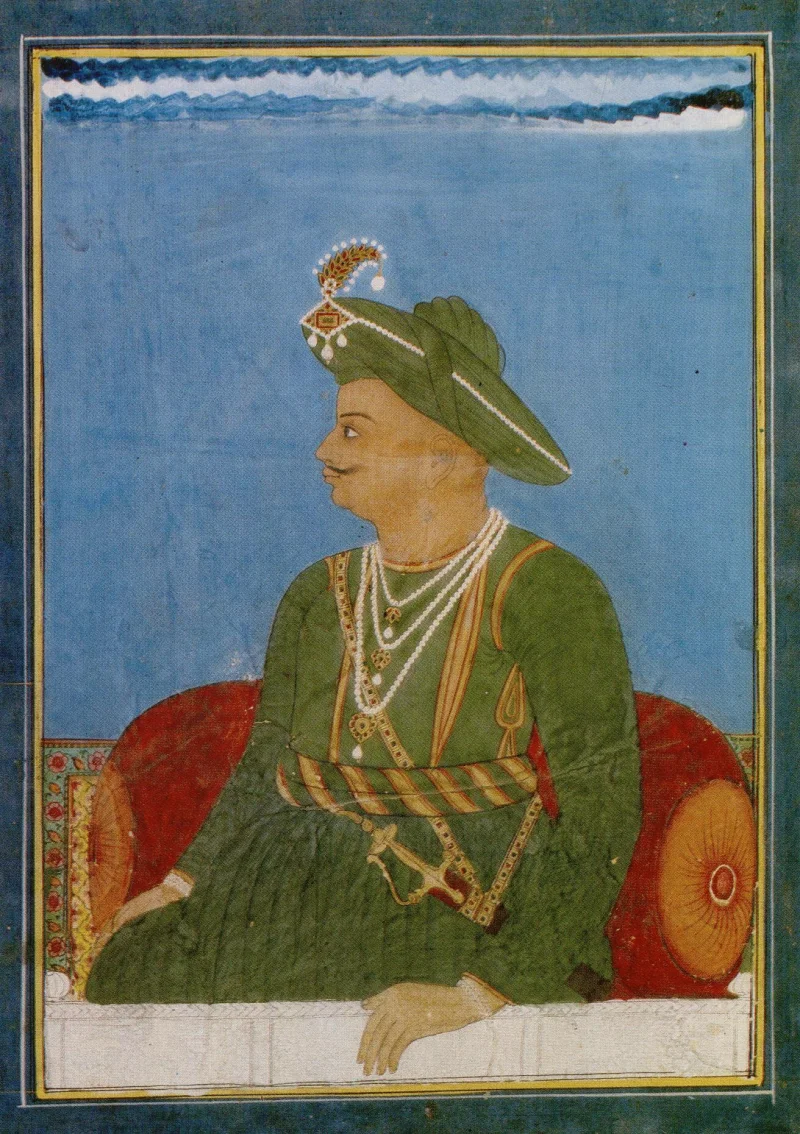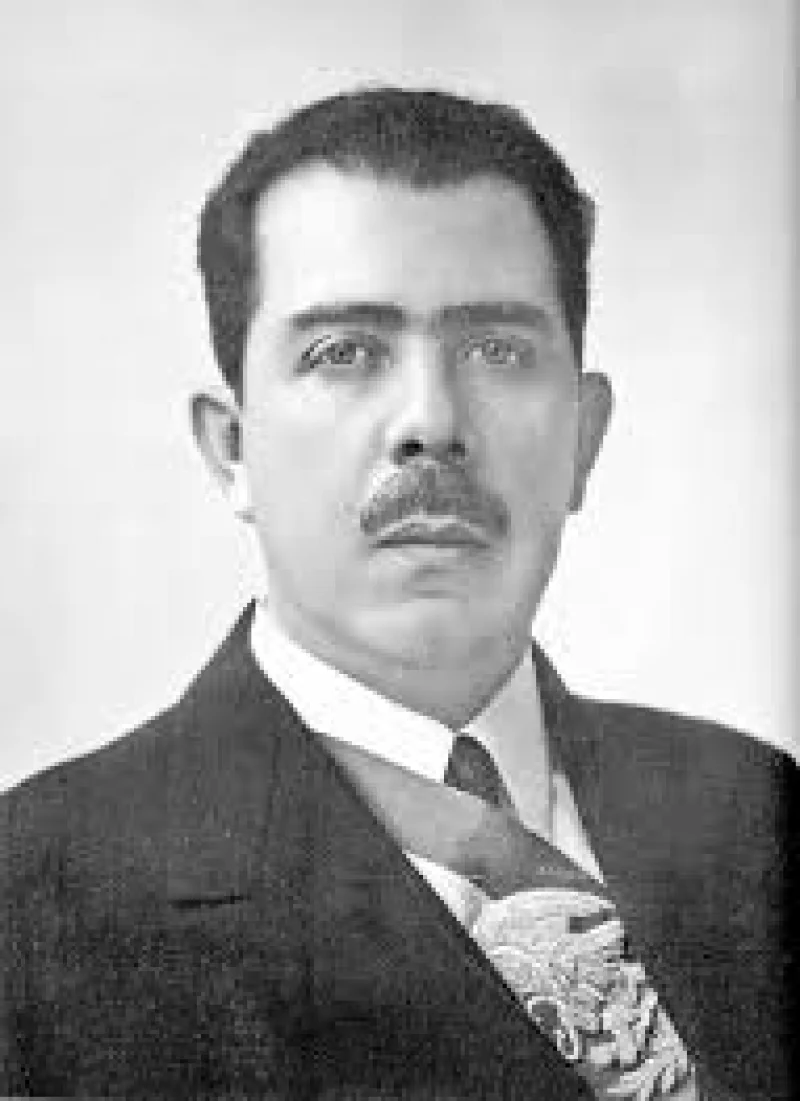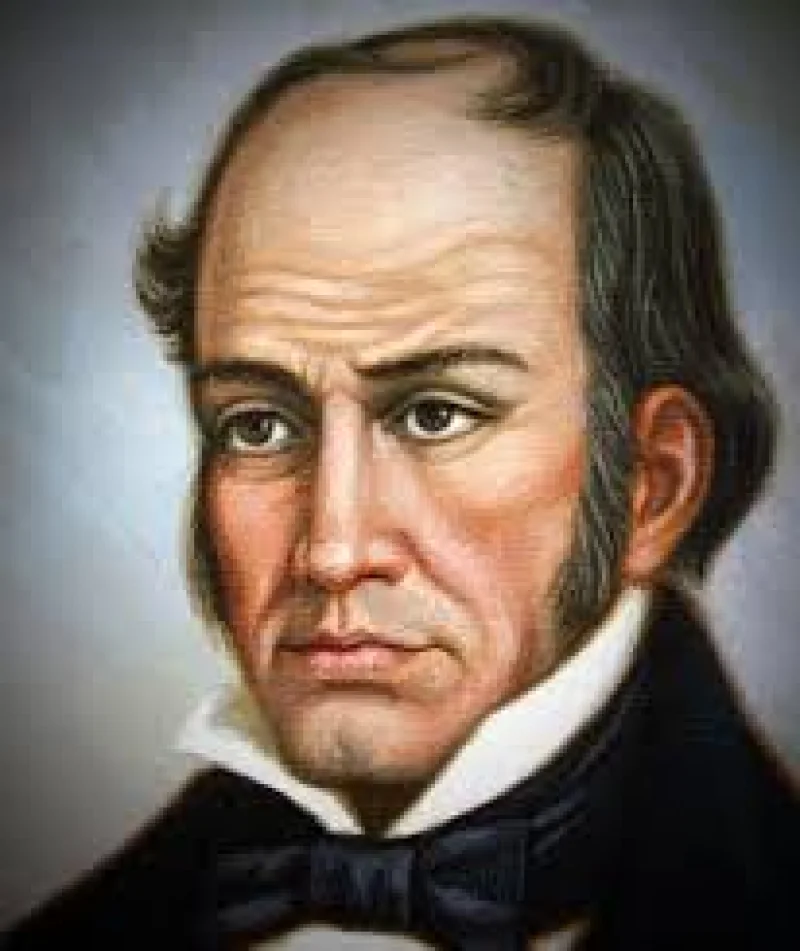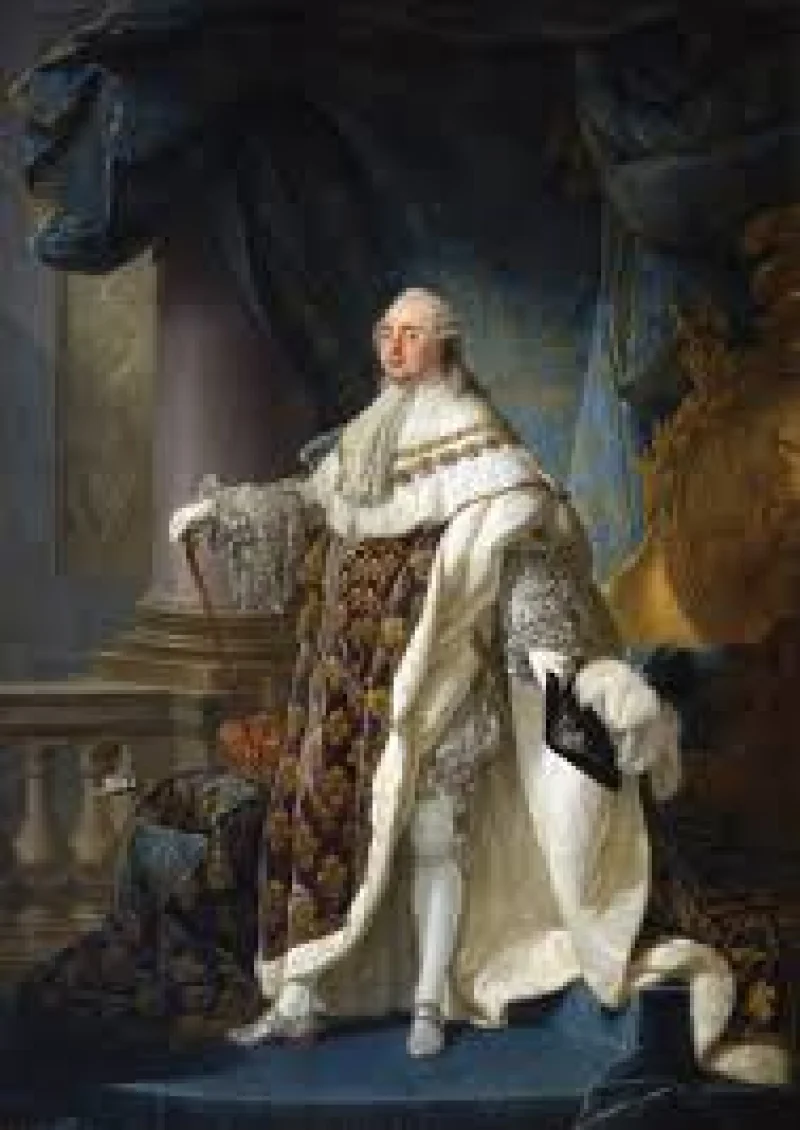Short Summary
Tipu Sultan, also known as the "Tiger of Mysore," was a prominent Indian ruler known for his resistance against British colonial expansion in India during the late 18th century. Born in 1751, he became the Sultan of the Kingdom of Mysore after his father's death. He is famous for his military prowess, innovative administrative reforms, and diplomatic strategies. His dynamic leadership in the Anglo-Mysore Wars and his efforts to modernize his kingdom have left a significant mark in Indian history.
Early Life & Education
Born on November 20, 1751, Tipu Sultan was the eldest son of Sultan Hyder Ali and his wife Fatima Fakhr-un-Nisa. His upbringing was steeped in both military and scholarly pursuits. Hyder Ali ensured that Tipu received an education in various subjects, including languages, science, and military strategy. From a young age, he was trained in the art of warfare and governance, which was reflected in his later strategies as a ruler. His early education laid the foundation for his future role as a leader and strategist.
Career Highlights
Tipu ascended to the throne of Mysore in 1782 after the death of his father, Hyder Ali. His reign was marked by his fierce resistance against British forces during the Anglo-Mysore Wars. He formed alliances with France and other regional powers to strengthen his position. Tipu was a visionary ruler who implemented economic reforms, promoted trade and industry, and introduced new coinage. His innovative use of rocket artillery against British forces was notable. Despite his ultimate defeat and death in 1799, his legacy as a defiant leader endures.
Major Achievements
- Military Innovations: Pioneered the use of rocket artillery in warfare, influencing future military tactics.
- Administrative Reforms: Modernized the Mysore economy with significant tax and land revenue reforms.
- Diplomatic Alliances: Established strategic alliances with France and other regional powers to counter British influence.
- Cultural Patronage: Supported arts and education, fostering a flourishing cultural environment in Mysore.
Famous Quotes
- "It is far better to live like a lion for a day than to live like a jackal for a hundred years."
- "I would rather live one day as a tiger than a lifetime as a sheep."
Interesting Facts
- Tipu Sultan's personal library contained a vast collection of books in multiple languages, indicating his diverse interests.
- He introduced new varieties of silk and improved sericulture in Mysore to boost the economy.
- Tipu was one of the first Indian rulers to recognize the importance of a navy, and he envisioned building a strong naval force.
Legacy / Influence
The legacy of Tipu Sultan endures as a symbol of resistance against colonialism. His innovative military tactics and administrative reforms have been studied extensively. He is remembered as a valiant leader who fought for his kingdom's independence and modernization. Tipu's story continues to inspire nationalistic sentiments and pride in India's rich history of resistance against foreign domination.
FAQ
Q: Why is Tipu Sultan famous?
A: He is famous for his resistance against British rule and his significant contributions to military and administrative innovations.
Q: What were Tipu Sultan's notable military achievements?
A: His use of rocket artillery and strategic alliances were pivotal in the Anglo-Mysore Wars.
Q: How did Tipu Sultan contribute to Mysore's economy?
A: He implemented various tax reforms and promoted sericulture to strengthen the economy.











